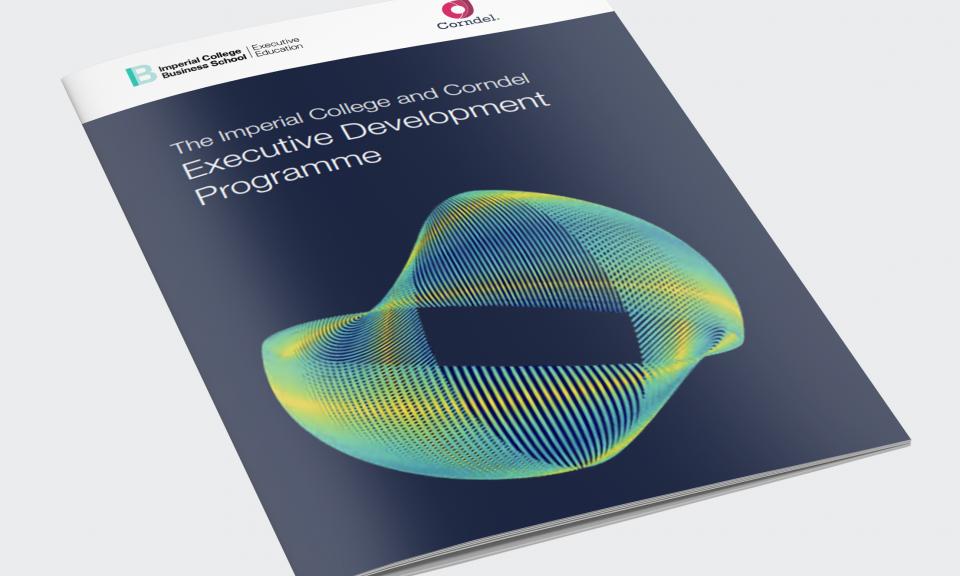
The National Curriculum now requires that children in Years 5 and 6 be taught to “propose changes to vocabulary, grammar and punctuation to enhance effects and clarify meaning”. The Department for Education would have done well to follow this directive when publishing its recent complaint, in which it accused teachers and union leaders of being ‘disingenuous’ when complaining that the department seemed not to know what they were doing.
If their intention was to calm the waters, then the effect fell far from that aim.
The word that springs to my mind is ‘disparaging’. What arrogance on behalf of the DfE to presume that teachers are kicking up a fuss about nothing. The changes to primary assessment have been poorly-planned, chaotically implemented and wholly mismanaged – and putting back teacher assessment submission deadlines by a couple of weeks does little to undo the damage caused over recent months.
Primary teachers are infuriated, not because they feel misled by the media – as Nicky Morgan appeared to claim in her video – but because they have been clamouring for clarity for months now, and still there is none.
Endless delays
Nick Gibb’s concession to move teacher assessment submission deadlines back by a couple of weeks for key stage 1, and a month for key stage 2, serves only to highlight the delays in producing useful information. We had been promised exemplification materials for the new “expected standard” by the end of January; by the time of the announcement, reading and science exemplifications were already three weeks overdue.
The change in dates is perhaps an adequate attempt to counter the most recent set of delays, but it doesn’t solve the other – much bigger – problems.
It won’t change the extortionate workload involved in making hundreds of judgements for each class of Year 2 and Year 6 pupils. It won’t change the exceptionally high threshold standard that has been set in the Teacher Assessment frameworks. It won’t change the narrow focus on grammatical and technical functions of writing that are demanded by the new materials. And it certainly doesn’t allow the time needed for teachers to fill all the gaps in the curriculum for students who have only been studying it for four terms.
All this, over an ‘interim’ document. Again, the claim that this is to help teachers is nonsense. The initial drafts of the teacher assessment descriptors were prepared well over a year in advance – but were so awful that they were promptly scrapped. Schools and teachers are now paying the price for the department’s errors – and being blamed for it at the same time.
For the department to describe such complaints as ‘disingenuous’ rather smacks of insincerity on their own part. Having spent the past few years suggesting that schools should manage their own assessment processes and define their own successes, they’ve clearly demonstrated that it’s not as easy as it looks. And worse, it’s having a negative impact on pupils’ learning.
Wrong approach
As a teacher of Year 6 pupils, when I next mark their written work, should I give feedback that helps them to improve as writers, adapt their styles to suit different purposes and audiences, and use literary techniques to convey their complex ideas effectively? Or should I, instead, insist that they crowbar in a few more semi-colons and prove they can spell ‘cemetery’ correctly? For that is what the new interim assessment framework demands.
Every teacher worth their salt ought to say the former, surely? Except, I’m also a deputy headteacher, and the new exactly floor standards don’t offer much comfort for the professional looking to do the right thing. With attainment standards that appear unattainable for many schools, progress measures that remain a mystery to us all, and a reign of confusion about moderation, exemplification, independence and deadlines, if anyone is being disingenuous it’s not those of us outside the department.
It’s time the department got its house in order, recognised the part it has played in the confusion surrounding primary assessment and maybe even mustered an apology to teachers. We’re certainly owed one.
[Source:- Independent]

















